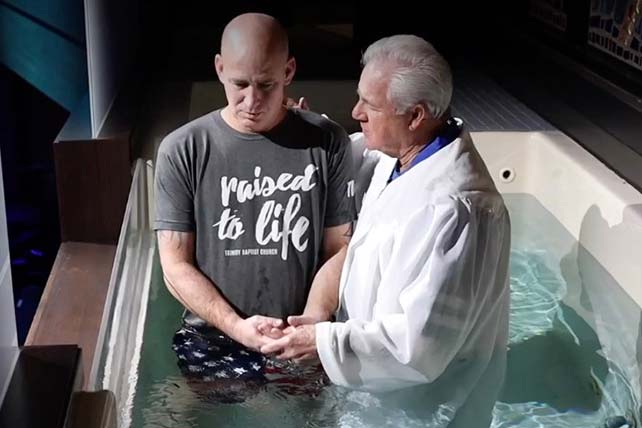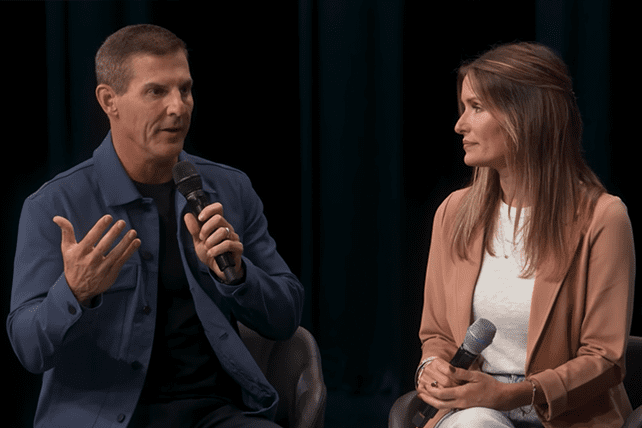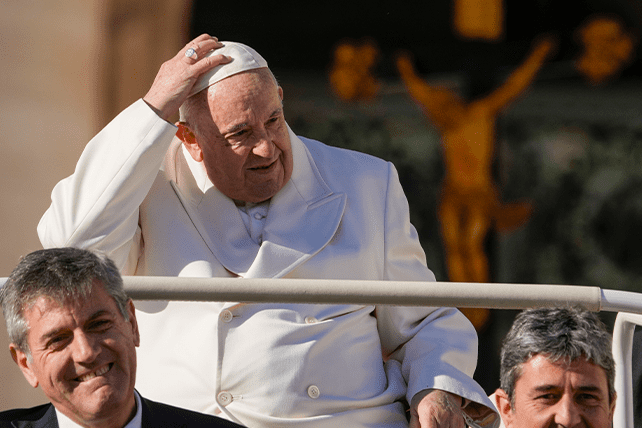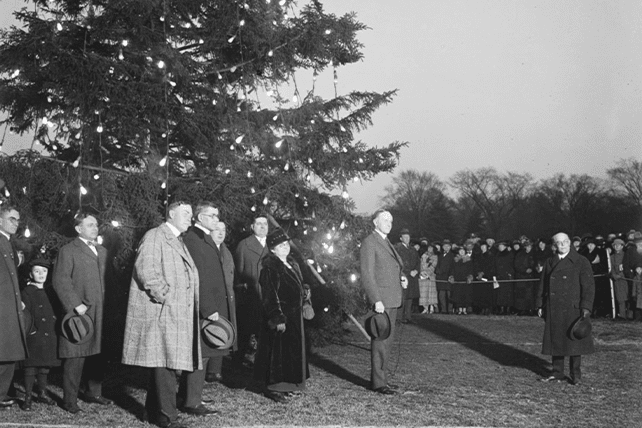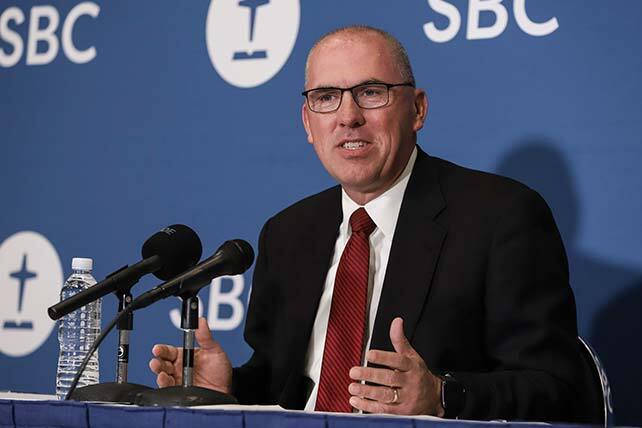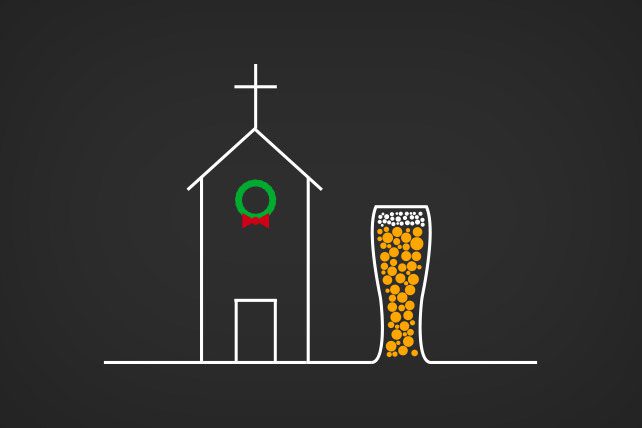LAKE CHARLES, La. (BP) – For more than a year, the baptismal waters at Trinity Baptist Church have stirred. Leaders say the same verb can be applied to the hearts of its church members.
“We don’t take it for granted,” said Senior Pastor Steve James on the experience he calls ‘a God thing.’ “For some reason God has chosen to smile on us. Our folks have been faithful to invite their friends, and so we just share the Gospel and give them opportunities to come to know the Lord and follow in believer’s baptism.”
In late October 2021 Trinity Baptist was still trying to recover from hurricane damage and lingering effects of the COVID-19 pandemic. In the middle of those distractions, though, a continual emphasis on preaching the Gospel began to take shape in a just-as-continual stream of decisions for Christ.
“It normally takes years to recover from things like the pandemic, hurricanes and flood,” Student/Evangelism Pastor David Doyle said in June after Trinity had passed 35 consecutive Sundays of baptisms. “But we have experienced growth during the first year we’re back. All glory to God. With Jesus, the best days are always ahead of us. We continue to move forward as a church and look toward Jesus.”
RELATED: Evangelist’s Casual Conversation With Stranger Leads to Beach Baptism Moments Later
Speaking Nov. 29 with Baptist Press, Doyle remarked on something unprecedented for himself and his co-workers.
“Nobody on our staff has seen a baptism every single week over the course of a calendar year,” said Doyle, who himself witnessed plenty of baptisms where he grew up, at Cross Church in Arkansas.
“To see it every single week is something special,” he said. “We cast a vision about a year ago to our church that revival is not an event you go to; it’s every single week.”
That included training members how to share their testimony and Christ. Those steps, coupled with seeing someone step into the baptistry week after week, had an undeniable effect.
“It just kind of took off,” Doyle said.
The church’s student ministry has tripled in size up to around 300, with Doyle giving credit to God as well as “getting the right people with the right passion in the right position.”
“When you do those three things, things can cultivate for the Spirit to move in a powerful way,” he said.
The number of those wanting to be baptized each week has fluctuated, but there is always someone come Sunday who has expressed a desire to do so.
RELATED: TN Church Sees Over 1,000 Baptisms in Four Months–‘Prayer Births Revival’
“There have been weeks we baptized one and others where we baptized seven,” Doyle said. “Our goal is to baptize them immediately. Sometimes it’s the following week; sometimes longer.
“Seeing this every week has sparked our church and made them want to be a part of it.”
Many in the community wanted to be a part of Trinity after the church’s response following hurricanes Laura and Delta in August and October of 2020, respectively. Other natural disasters followed in 2021. During that time Trinity became a hub of ministry for Southern Baptist Disaster Relief and law enforcement personnel.
In March 2022, Trinity collected more than $90,000 that was forwarded to Louisiana Baptist Disaster Relief and, in conjunction with Send Relief, used to purchase emergency equipment, food, shelter, transportation and medical and hygiene kits for displaced Ukrainians. Church members also contributed more than 1,300 pounds of medical supplies that were likewise shipped to Ukraine.
Locally, individual stories reflect thanks for lives changed and steered from addictions and hopelessness. There are also those who attended church a long time but never made a decision to be baptized.
Dale Bernard was a 40-year member of Trinity when he began wondering something James consistently peppered to the crowd: Do you really know if you belong to Christ?
One day Bernard, 91 years old, looked at a check box on the church bulletin that said “I’ve been saved, but not baptized.”
RELATED: Elevation Church Sees Nearly 600 Baptisms in One Weekend
“That struck a note with me,” he said. His wife encouraged him to take the step to be sure that “I know what I know what I know.”
James has announced his retirement effective in August 2023, but has no intention of coasting to that particular finish line.
“I’ve asked God that the glory of the latter days be greater than the former,” he said. “I want to finish strong. I want to give glory to God and not receive a pat on the back for me or the staff or the people of Trinity.
“When people come here, they want to look around the church. I show them and say they have to understand something – this is a God thing.”
This article originally appeared at Baptist Press.

